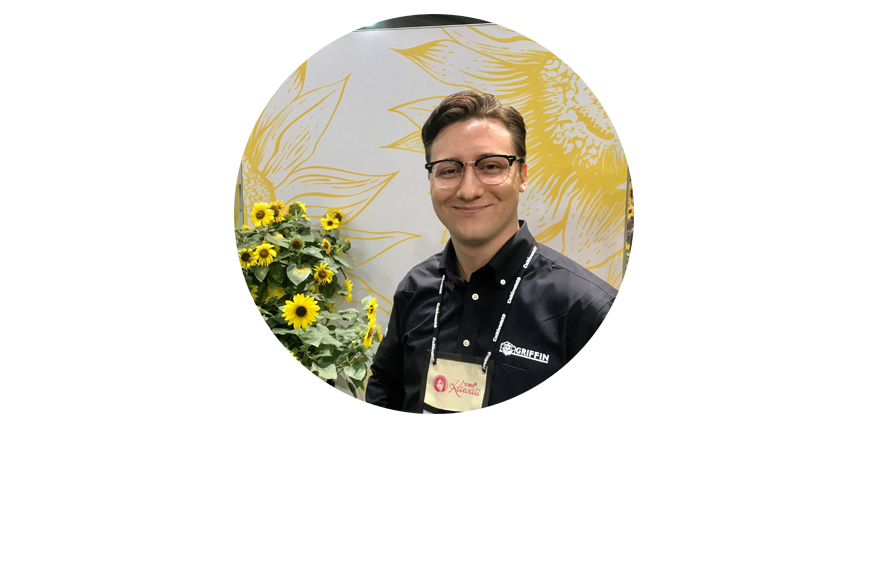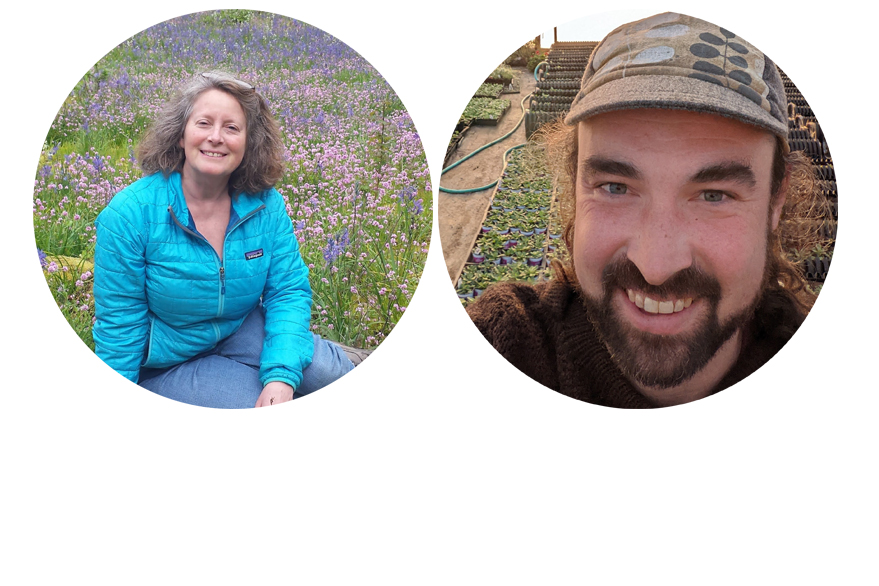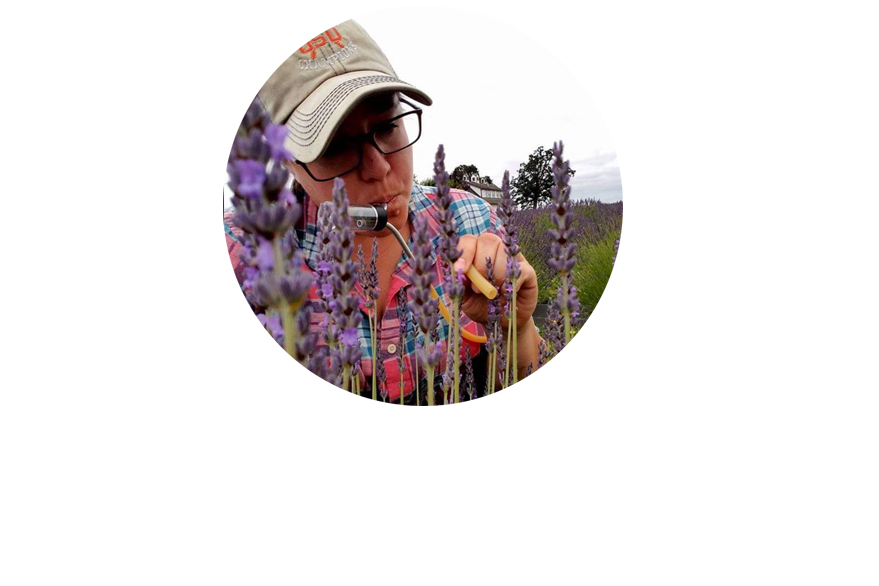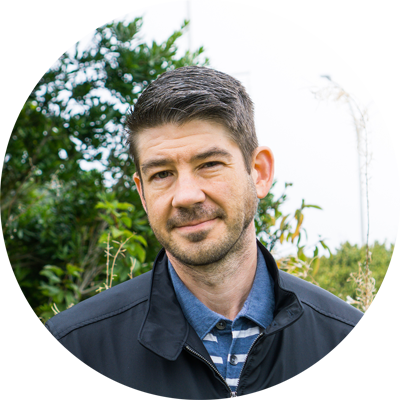Crop Protection and Cultural Considerations When Propagating
Room B113Speaker: George Grant, GGSPro Technical Specialist Supervisor, Griffin Greenhouse Supplies
Propagation is a balance between maintaining an environment conducive to young plant production while managing a myriad of insect and disease pests that also thrive in these conditions. We will walk through various cultural, chemical, and biological inputs useful when propagating to ensure an efficiently and cleanly grown product. Strategies discussed during this presentation include moisture management, biological and conventional pesticides for below and above ground pests, cleaning up material using plant dips, sanitation steps, use of plant root stimulants and more!













